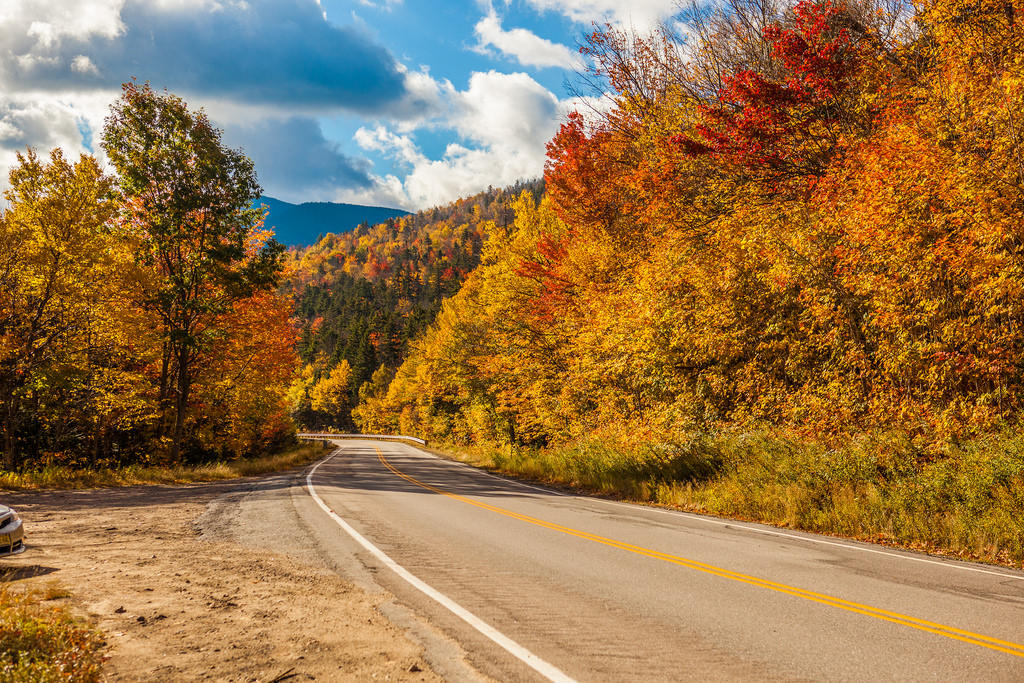Along Highways, Wildlife Appears To Be Breaking Evolutionary Speed Limits

Photo by Anthony Quintano via Creative Commons
When you think of evolution, you might picture the classic textbook illustration “March of Progress” by Rudolph Zallinger. It shows how, over 25 million years, our human ancestors slowly transform from hunched apes into modern homo sapiens. But now, thanks in part to roads and highways, lots of evolution happens much quicker than that.
“Roads are everywhere and they’re not going away,” said Steven Brady, an evolutionary ecologist and co-author of a Darthmouth-led study profiling something called “road ecology.”
Basically, road ecologists study how roads, and the salts and chemicals we put on those roads, impact nearby nature. Some impacts are visible: think road kill and fragmented habitat.
